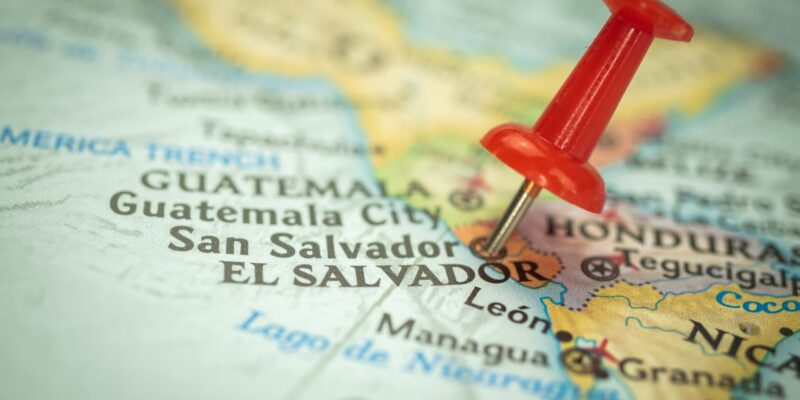The Portuguese Empire, one of the earliest and longest-lasting global empires, played a significant role in the exploration and colonization of various regions across the world. From South America to Africa and Asia, the Portuguese established key cities that became crucial to their trade networks, administration, and cultural influence. In this article, we will explore the most important cities founded by the Portuguese in their imperial territories, discussing their historical significance, development, and modern-day relevance.
Salvador, Brazil
Historical Significance
Salvador was founded in 1549 by Tomé de Sousa, the first Governor-General of Brazil. It was the first capital of the Portuguese colony in Brazil and served as the political and administrative center.
Development
Salvador quickly became a major port and the hub of the sugarcane industry, which was the backbone of the colonial economy. The city’s strategic coastal location facilitated trade with Europe, Africa, and other parts of the Americas.
Contemporary Relevance
Today, Salvador is known for its rich Afro-Brazilian culture, vibrant festivals, and colonial architecture. The Pelourinho district, a UNESCO World Heritage Site, showcases the city’s historical significance and cultural heritage.
Rio de Janeiro, Brazil
Historical Significance
Rio de Janeiro was founded in 1565 by Estácio de Sá. Initially established as a fortification against French invaders, the city grew to become a vital port and later the capital of the Portuguese colony in 1763.
Development
The discovery of gold in the nearby Minas Gerais region in the 18th century spurred Rio’s growth as a major commercial center. Its natural harbor facilitated extensive trade, making it an economic powerhouse.
Contemporary Relevance
Rio de Janeiro is famous for its stunning landscapes, iconic landmarks like Christ the Redeemer and Sugarloaf Mountain, and vibrant cultural events such as Carnival. It remains a key cultural and economic hub in Brazil.
Luanda, Angola
Historical Significance
Luanda was founded in 1576 by Paulo Dias de Novais. It served as the capital of the Portuguese colony of Angola and became a significant center for the Atlantic slave trade.
Development
Luanda’s economy was heavily reliant on the slave trade, which connected it to Brazil and the Caribbean. The city’s fortifications and churches, built during the colonial period, highlight its historical importance.
Contemporary Relevance
Today, Luanda is the capital and largest city of Angola. It is a bustling metropolis known for its oil industry, vibrant culture, and rapid urban development.
Goa, India
Historical Significance
Goa was captured by the Portuguese in 1510 under the leadership of Afonso de Albuquerque. It became the capital of Portuguese India and an important trading post in the Indian Ocean.
Development
Goa thrived as a center of spice trade, attracting merchants from Europe, Africa, and Asia. The city’s architecture reflects a blend of Indian and Portuguese styles, with numerous churches, including the Basilica of Bom Jesus.
Contemporary Relevance
Goa is now one of India’s top tourist destinations, known for its beautiful beaches, vibrant nightlife, and historic sites. The Portuguese influence is still evident in the region’s culture, cuisine, and festivals.
Macau, China
Historical Significance
Macau was established as a Portuguese trading post in 1557, with formal Portuguese administration beginning in 1887. It was a critical hub for trade between China, Japan, and Europe.
Development
Macau’s strategic location on the Pearl River Delta facilitated its development as a major port. The city’s unique blend of Portuguese and Chinese cultures is reflected in its architecture, cuisine, and customs.
Contemporary Relevance
Macau is now a Special Administrative Region of China, known for its casinos, tourism industry, and well-preserved colonial architecture. The Historic Centre of Macau is a UNESCO World Heritage Site.
Recife, Brazil
Historical Significance
Recife was founded in 1537 and became an important port for the export of sugarcane. It played a significant role during the Dutch occupation in the 17th century and later as a major Portuguese settlement.
Development
Recife’s development was driven by its strategic location and access to the interior regions of Brazil. The city became known for its extensive canal system and vibrant cultural life.
Contemporary Relevance
Today, Recife is a major city in northeastern Brazil, known for its cultural festivals, beautiful beaches, and historical sites. It is a key economic and cultural center in the region.
Conclusion
The cities founded by the Portuguese across their imperial territories reflect the vast reach and influence of the Portuguese Empire. These cities, from South America to Africa and Asia, have grown from colonial outposts to significant urban centers, each with its unique history and cultural heritage. Exploring these cities offers a glimpse into the enduring legacy of Portuguese colonization and their impact on global history.

